For this week’s podcast I’m reading from the chapter, “Work to Do,” in my book, Defending Boyhood. If this excerpt rings true with you, we hope that you will recommend Defending Boyhood to others, particularly to those who are raising or teaching boys. — Anthony Esolen
Review of Defending Boyhood: How Building Forts, Reading Stories, Playing Ball, and Praying to God Can Change the World
by Rev. Thomas Harbold (Goodreads April 2014)
When Anthony Esolen – among the most able defenders of Western civilization, and Western Christendom in particular, active today – chooses to discourse on a subject, the wise person reads or listens attentively, nor does he or she lack reward for having done so. Esolen writes with exuberance, penetrating insight, and equally-penetrating wit, and Defending Boyhood is no exception to that rule. I was alternately delighted, intrigued, inspired, and moved.
As a former boy myself, I resonate strongly with the former boy that shines through Esolen's mature, erudite, and engaging writing, and frequently found myself nodding in emphatic agreement. His treatment of boyhood, and boys – what they value, how they view life, and the goals and ideals that are common to boys across time, geography, and culture – has the ring of truth, and stands as a much-needed antidote to the venomous miasma that much of modern culture seems bent on creating around such formerly straightforward concepts as manhood, masculinity, and boyhood.
"Toxic masculinity"? No, it is our postmodern, politically-corrected parody of masculinity that is toxic, as Esolen makes clear. And the prescription he recommends is a bracing corrective! Listen to the chapter titles: "The Arena to Enter," "Brothers to Gather," "Mountains to Climb," "The Man to Follow," "Work to Do," "Songs to Sing," "Enemies to Slay," and "Life to Give." These are the stuff of boyhood, on the way to mature manhood, and there is nothing toxic about them.
The boy is father to the man, and these are the elements that, practiced in boyhood, shape a physically, intellectually, morally, and spiritually healthy man: stretching, testing, and strengthening one's body, mind, and spirit; finding those who are worthy of one's loyalty, both peers and leaders; engaging in useful labor; seeking new horizons; and ultimately, if one is called to do so, giving one's life for one's loved ones, or a worthy cause – or at least, being willing to do so. Anyone finding these things "toxic" is, I am afraid, already succumbing to toxins, oneself. But be of good cheer, for this slim volume provides a nourishing antidote.
Now, Esolen does not shy away from the obvious: that some males, and some relationships between males – including between men and boys – have been and are, indeed, toxic. Pederasty among ancient Greeks, and pedophilia in his own Roman Church, are two examples he cites. Yet he refuses – and rightly so – to make a rule of the exceptions, calling out abuses, and strongly, but refusing to pretend that they are normative: a few bad apples do not spoil the barrel, not if they are recognized and dealt with as such.
And throughout this volume, he strikes a note that is familiar from others of his writings I have had the pleasure to read: he emphasizes the importance of the real over the supposed, the theoretical, the artificial. To be sure, he proposes – and presupposes – ideals. But they are backed with the reality of nature and history, of the actual experience of cultures and societies, and individuals, over time. He may sometimes thunder in judgment, like an Old Testament patriarch or prophet, but his is fundamentally and ultimately an optimistic, hopeful view.
When he speaks of the importance of boys engaging in largely unstructured, authentic contact with Nature, I am reminded of Richard Louv's Last Child in the Woods: Saving Our Children from Nature-Deficit Disorder – with the two caveats that a) Esolen is dealing with boys in specific, where Louv deals with children in general; and that b) he is approaching the matter from a spiritual perspective (Christian in essence, but interpreted broadly enough to include virtuous pagans), where Louv's work is largely secular, touching but lightly on the spiritual. Yet in many ways they compliment each other, and if one were seeking to raise a boy, I would recommend reading both works.
But what is perhaps most striking about this book is, again, his optimism, and the hopeful tone of the work: Esolen believes in boys, believes in boyhood, and believes that a boyhood spent (as the subtitle puts it) "building forts, reading stories, playing ball, and praying to God" really can not only build better men – "men with chests," as he quotes C.S. Lewis in affirming – but that they really can change the world. He believes this, and so do I.
Read this book.

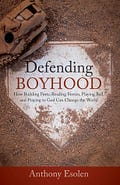





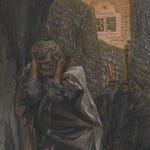
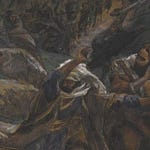
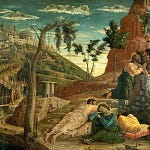
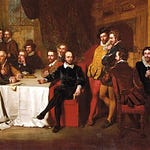
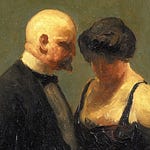
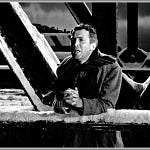
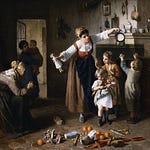
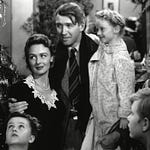
Defending Boyhood